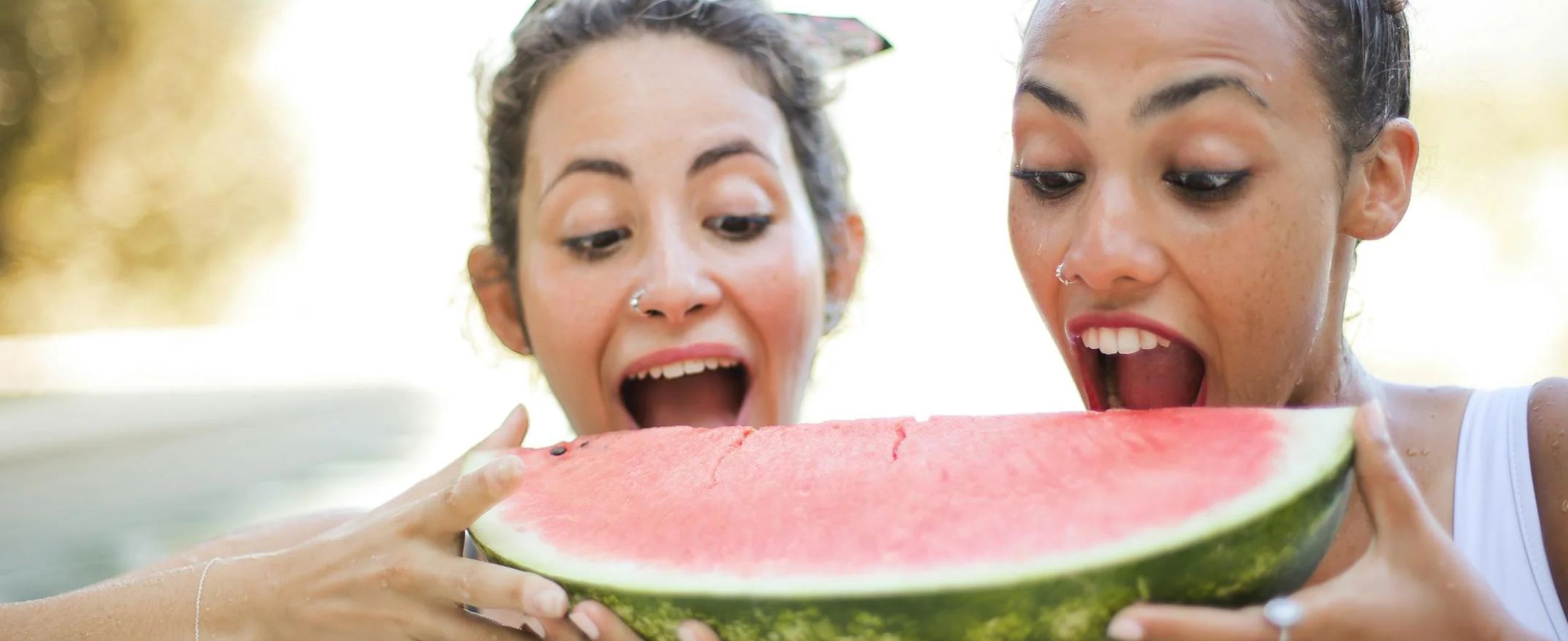
Did you know that what you eat can have a powerful impact on how you feel? The connection between diet and mood is rooted in science. Certain foods help boost neurotransmitters—chemical messengers in the brain that influence emotions, motivation, and overall well-being. Let's take a closer look at some mood-enhancing foods that you can easily incorporate into your diet.

Chocolate lovers, rejoice!
Cacao has some amazing health benefits. It promotes blood flow, bioflavanois improve congitive function and its many anioxidants provide protection from free radical damage. But how does it boost your mood?
Cacao contains phenethylamine which helps your brain cells release dopamine and norepinephrine. Together these 2 neurotransmitters function as an endorphin, the same one that gets released when you fall in love, providing that really good feeling, but also focus and goal driven behaviour.
Besides that, cacao is rich in flavanols, epicatechins and catechins that are MAO inhibitors. MAO is the enzyme that removes neurotransmitters from the brain. Inhibiting it thus means that, after your bite of cacao has increased feel-good neurotransmitters in the brain, it also makes sure that they stay active longer in the brain.
Also cacao contains a lot of magnesium, which is needed to synthesize dopamine, serotonin and a substance we call GABA, which makes us feel calm and peaceful.
In short: cacao is a recipe to bliss! Keep in mind however that this counts for cacao, not for the milk, sugar and food additives that chocolate bars often contain. So opt for a milk-free, low or natural sugar, 70% bar of chocolate for maximum benefits! An ethically produced and pesticide free bar is also highly recommended, like the chocolate bars we make a the Chaikuni Institute!
Last note on chocolate, enjoy it in moderation and don't feed it to your pets! Cacao also contains theobromide, which in large amounts can negatively affect your bowel flora. For pets it is deadly!
A quick look behind the scenes
As we just saw, several chemical messengers in our body make us feel better:
- Dopamine gives us a feeling of peace, enthusiasm and also motivation. It is connected to reward-learning, decision making and is involved in sleep as well.
- Serotonin helps you feel good, happy and at ease. It is also linked to our apetite, sex drive, social behaviour and the mobility of our gastrointestinal tract.
- Norepinephrine is linked to the fight-or-flight response, it activates us. It is often depicted in a negative light, however we need some amount of norepinephrine to get us going in everyday activities.
- GABA calms us down.
So generally we could say that foods that support the release or synthesis of these chemicals support our emotional wellbeing. Now, there isn't one single food that provides everything you need to feel healthy and happy, however below are some which do a pretty good job!

Pumpkin Seeds: Tiny Powerhouses for Your Brain
Pumpkin seeds are rich in tryptophan and tyrosine, which are amino acids and precursors for dopamine and serotonin. They also contain magnesium, zinc, iron, and vitamin B6 which all support the enzymes that synthesize these 2 neurotransmitters. These little seeds also boast anti-inflammatory properties, promoting brain health and overall well-being.

Oysters, Fish, and Omega-3s
Seafood is a potent mood booster, thanks to its rich nutrient profile:
Oysters: The highest source of zinc, essential for neurotransmitter production, along with omega-3s for anti-inflammatory benefits.
Fatty fish (salmon, sardines, mackerel): Packed with omega-3s and vitamin D. Low vitamin D levels are linked to depression and anxiety, but a nice fish can help restore balance. Vitamin D is also gotten via sunlight.
Omega-3s also improve neurotransmitter production, release, and receptor function—key factors for mental health.

Leafy Greens for Brain-Derived Neurotrophic Factor
Leafy greens like spinach and kale are brimming with B vitamins, iron, folate, bioflavonoids like kaempferol and many also contain vitamin C. These nutrients support:
- BDNF expression: Brain-Derived Neurotrophic Factor, crucial for neuroplasticity (your brain’s ability to adapt and form new pathways).
- Neurotransmitter synthesis: Folate and vitamin C aid in the production of serotonin and dopamine.
Vitamin C is an important antioxidant, however an unstable vitamin. This means that when food is heated a lot of it can get lost. Luckily we can turn to other foods to get our daily dose of C.

Kiwi: A Vitamin C Superstar
For a sweet, mood-boosting snack, look no further than the sungold kiwi. With 161 mg of vitamin C per 100 grams, it’s a fantastic antioxidant and a cofactor for neurotransmitter production. Kiwis also contain folate and choline, further supporting brain health.
Many fruits contain good amounts of vitamin C and antioxidants, like mango and citrus, and also watermelon which also contains good amounts of B6.
The Big Picture
While specific foods can enhance your mood, the key to a healthy body and mind is a balanced, nutrient-dense diet tailored to your unique needs. A healthy gut, sufficient energy, and a joyful lifestyle, or course, are all part of the equation.
Need help crafting your ideal diet? I’d love to support you in creating a plan that works for you. Check out my January 2025 promo below and get in touch for more information. Let’s make this your happiest year yet!
References:
Chocolate
https://pmc.ncbi.nlm.nih.gov/articles/PMC3575938/
Pumpkin:
https://pmc.ncbi.nlm.nih.gov/articles/PMC9182978/
Sunshine calendar
https://www.grassrootshealth.net/document/sunshine-calendar/
Kiwi
https://pubmed.ncbi.nlm.nih.gov/28867093/
Pictures (all from pexels):
Cover: Andrea Piacquadio
Chocolate: Poline Tankilevitch
Pumpkin Seeds: Kaboompics.com
Oyster: Valeria Boltneva
Kale: Pixabay
Kiwi: Any Lane